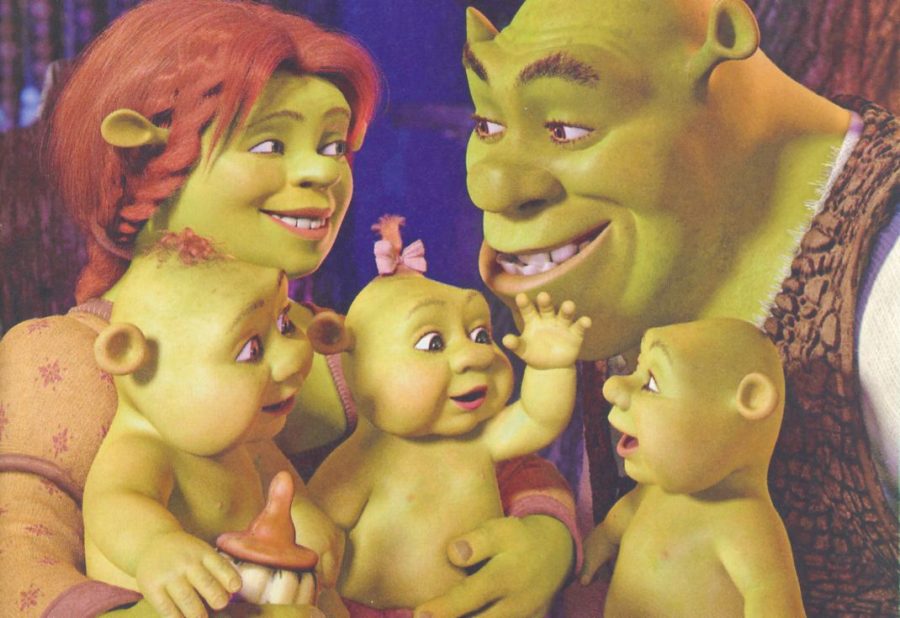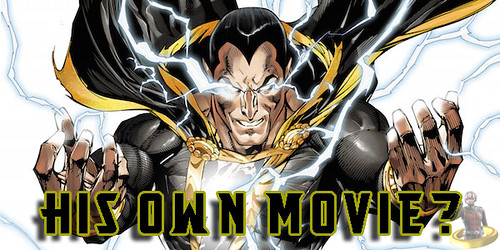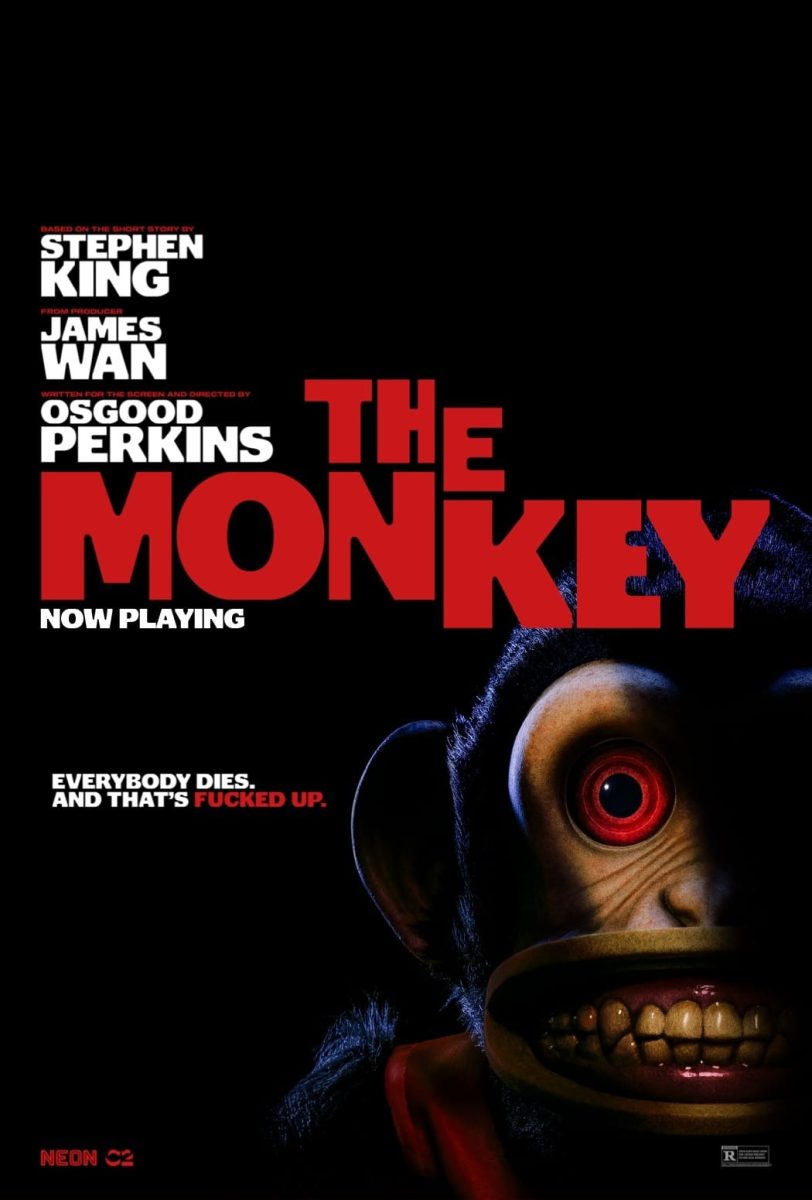The new existential Netflix dramedy series, Russian Doll, is different in which it fulfills a satisfying ending, rather than TV shows nowadays which go on and on before getting to its point. It shares such a power of recurrence.
The show provides a basic premise for the eight episodes in which the character repeatedly dies in order to learn how to live.
Created by Amy Poehler, Leslye Headland and Natasha Lyonne, the show starts off with the protagonist’s 36th birthday, in which her friends decide to throw a huge artsy party.
With alcohol, drugs and sexual energy flowing through, she gets hit by a car and dies.
Although the series comes down to a plot basis which is quite simple, it is also far from simplistic.
Nadia Vulvokov, played by the magnificent Lyonne, is a video game programmer who has a mop of red hair and the good kind of bad attitude to share.
The appeal of her as a character really shows itself, from the physicality, it can be said that Lyonne uses the character’s bright colored hair and rouge lips to frame her wide and expressive eyes.
Nadia’s character is built to be as a stereotypical representation of this hipster intellectual from New York who is a real person who hides disappointments and pain.
In a similar way, the series captivates a central theme of it being as the “Natasha Lyonne” show, just like “Master of None” and “Louie.”
Not only tightly plotted, the series also shares a high-concept of a puzzling television comedy. The show literally is one to become overly obsessed with.
The reasons behind the success is definitely because of the great inclusion of women behind the scenes and on screen.
This just allows the puzzling show to not overwhelm the characters and their psychologies. In a sense, it’s like a better version of “Forever” by Maya Rudolph and Fred Armisen.
The series shares an emotional heft to back up the sci-fi flights of fancy. It has an intense understanding upon the effects of trauma to the human spirit and how life should be simply lived.
All the credit should go to the writers for not only creating a challenging material that condescends to the audience and dares to approach questions of depression and happiness with both courage and honesty.
From the leads’ profound performances on screen, to the venturesome direction taken, “Russian Doll” deserves to be rewarded. Each episode is worth admiring and taken into appreciation.























Mike • Feb 11, 2019 at 8:10 am
Really excellent. Went into it having no idea what it was about. I highly recommend that approach.